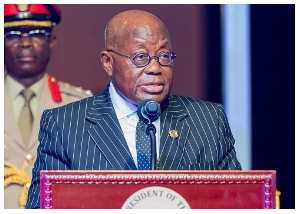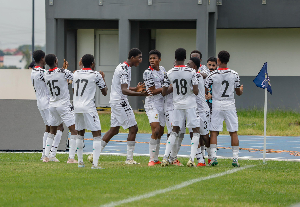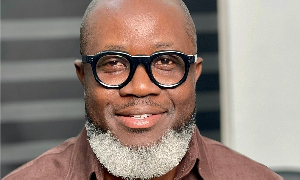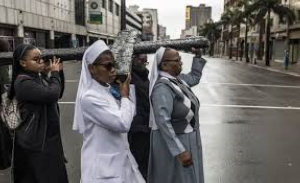At the peak of what many have described as the worst times of erratic power supply in Ghana, under the administration of former President John Dramani Mahama, the sitting Head of State, Nana Addo Dankwa Akufo-Addo, was neck-deep in his campaign to become president for the first time.
And being the most obvious counter-campaign message at the time, Akufo-Addo used every little opportunity to call out the government over their handling of dumsor, as the erratic power supply is commonly known.
In one of such posts made on formerly Twitter (now X), NanaAkufo-Addo charged Ghanaians to vote out the Mahama government.
Using a hashtag, #VoteForChange, he urged Ghanaians who had had enough of the effects of dumsor to use the ballot to change the state of their situations, promising to being better management of the power sector.
“#VoteForChange if you’re tired of dumsor, incompetence, mismanagement, corruption, celebrated mediocrity, inflated infrastructure contracts,” his tweet of November 16, 2016, at 9:00 AM, said.
Ironically, the re-emergence of this tweet is coming at a point in the country where there have been recurrent unannounced power outages in the country; a situation that many Ghanaians have described as a return of dumsor.
The government, through the Electricity Company of Ghana (ECG), has, however, denied this claim, indicating that such instances may be due to localised faults.
The government has also rubbished calls by the citizenry for a timetable on the power outages, rather urging them to create their own schedules for the outages.
Meanwhile, the Ashanti Democrats has announced that it is bringing the Dumsor Vigil it organised at Kumasi to the capital, Accra.
See Akufo-Addo’s 2016 tweet here:
#VoteForChange if you're tired of dumsor, incompetence, mismanagement, corruption, celebrated mediocrity, inflated infrastructure contracts.
— Nana Akufo-Addo (@NAkufoAddo) November 16, 2016
Click here to follow the GhanaWeb General News WhatsApp channel
Ghana’s leading digital news platform, GhanaWeb, in conjunction with the Korle-Bu Teaching Hospital, is embarking on an aggressive campaign which is geared towards ensuring that parliament passes comprehensive legislation to guide organ harvesting, organ donation, and organ transplantation in the country.
AE













